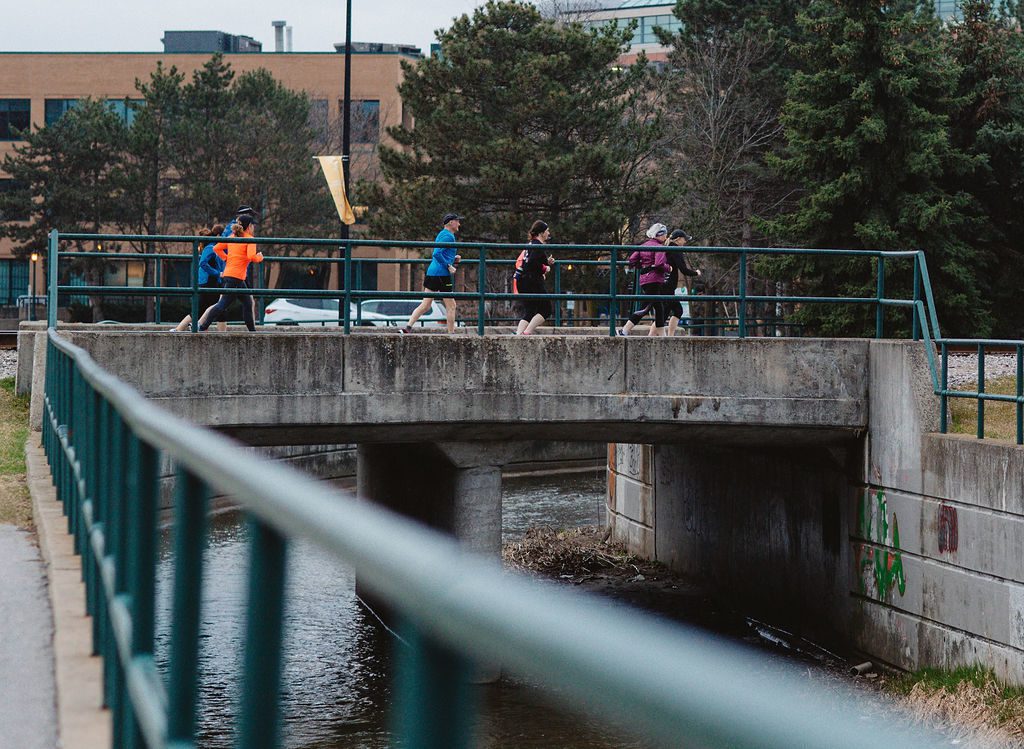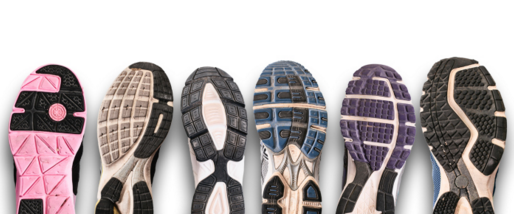5 ways runners can fight climate change
How runners can reduce their environmental impact

Friday is another day of climate strikes across Canada. The strikes began one week ago on September 20, following 16-year-old Swedish climate activist Greta Thunberg’s speech about the position that youth are left in if environmental change isn’t made. Today, as many as 250 Canadian cities have strikes planned with Thunberg herself present in Montreal to receive the key to the city from the mayor.
If you were unable to attend a strike or are looking to actively reduce your footprint, there are several ways that runners can log their miles while doing some good for the planet.

Run commute
Run commuting is one of the most obvious ways to both get your miles in and reduce your footprint. While it can become a little trickier in the depths of winter, all other seasons accommodate run commuting easily. An added bonus? Run commuting is extremely time efficient, so if you’ve got a jam packed schedule, literally running your errands or running to pick up your children from school can shave time and transit off of your day.
RELATED: Stories from the run commute: “My morning run makes me the best teacher I can be.”

Always use reusable water bottles
Runners sweat a lot, therefore, runners drink a lot of water. While staying hydrated is extremely important, it’s also important to have a reusable bottle on hand.
RELATED: Inspirational water bottles
Buy from companies making a push toward sustainable products
Patagonia and Adidas are two companies making a push toward a sustainable future. Initiatives like Patagonia’s Worn Wear program resells used gear in exchange for stores credit, or Adidas Parley program uses trash found in the oceans in their shoes. The plastics are converted into the threading used for the shoe’s upper on top of UltraBoost cushioning.
Donate your running shoes
If your running shoes are in descent condition once you’re ready to move on to another pair, be sure to donate them instead of throwing them out. Lots of running stores, for example, Running Free in Toronto, have donation bins so that you can easily send your well-loved shoes to a new home.

Avoid single-use cups in races
Single-use cups in marathons are a notorious waste. While most races are moving away from this model, with some events even adopting new technologies, do your part to avoid using them even if offered.
The 2018 London Marathon offered Ooho! water packets, which is water in spherical seaweed-based packing that is edible. Ooho!’s mandate, and the London Marathon’s, is to cut down on waste and work to eliminate single-use plastic cups. The Telegraph reports that the marathon brought in around 30,000 liquid capsules to offer on the course.
RELATED: London Marathon to offer edible water bottles on course


